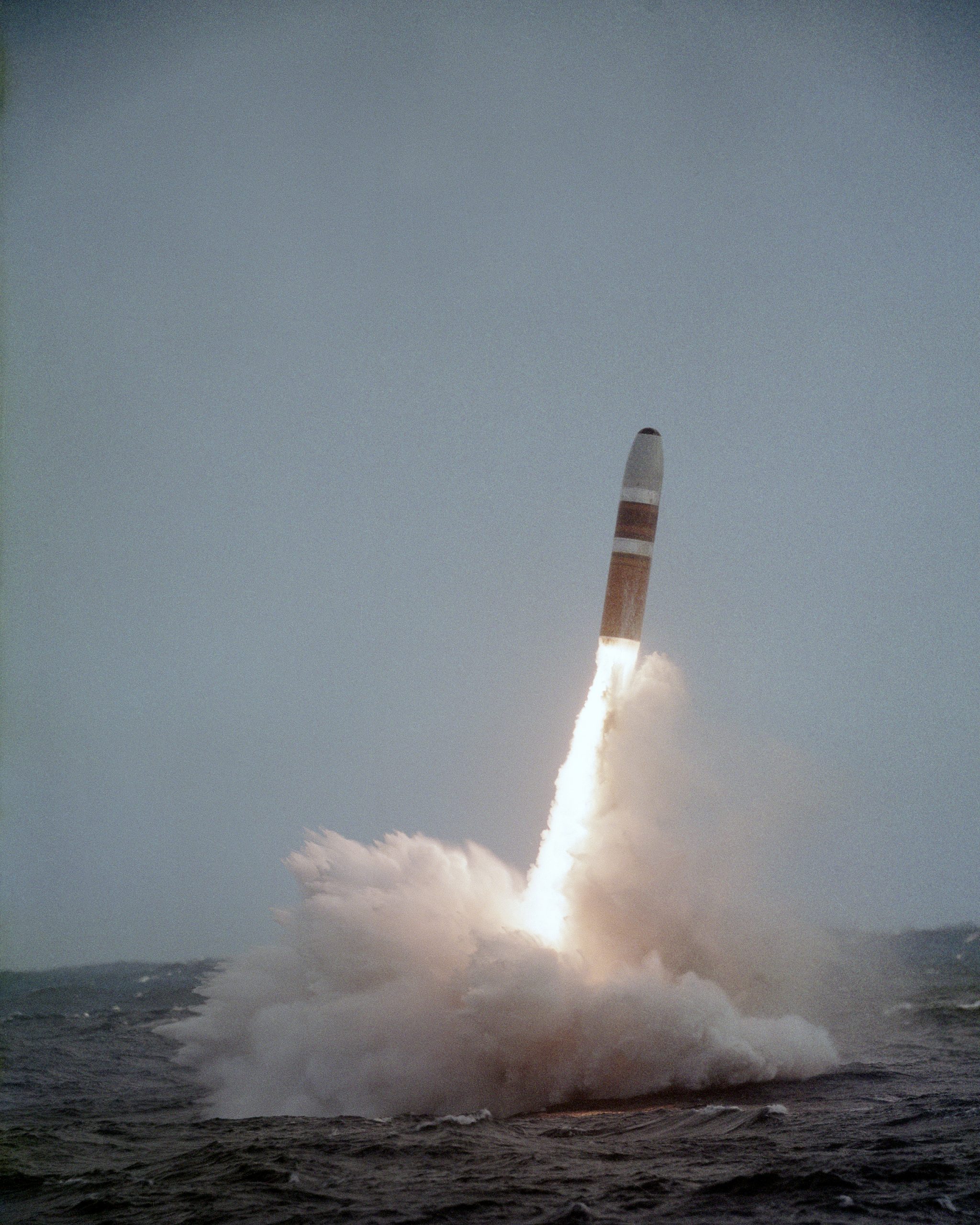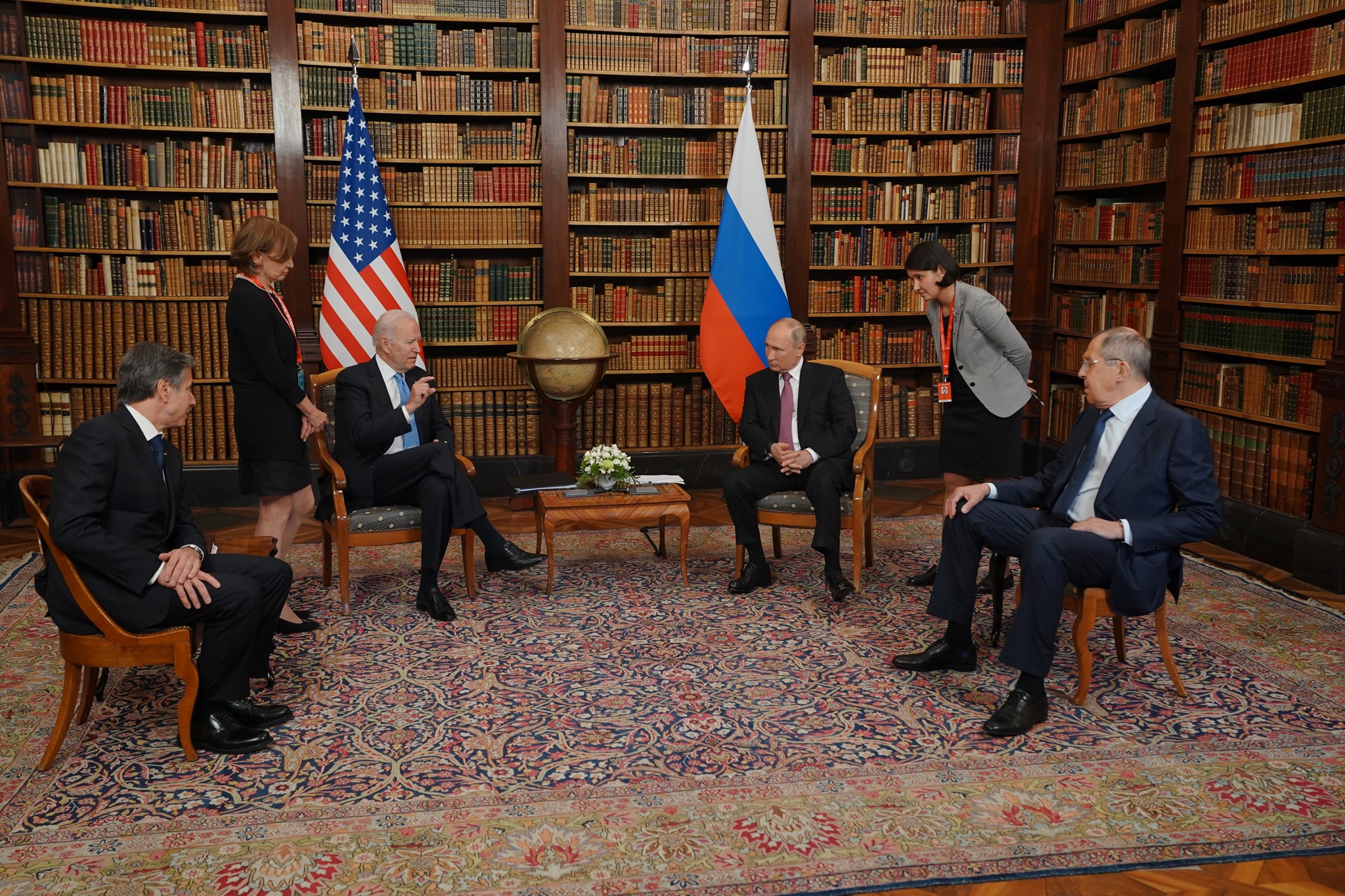The Biden-Putin Summit: Words not Actions
The White House and the Kremlin released a joint statement last week reaffirming the “Reagan-Gorbachev principle,” that “a nuclear war cannot be won and must never be fought.” The statement was released during a summit in Geneva, where Russian President Vladimir Putin and U.S. President Joe Biden met amidst tension over election interference and ransomware attacks. The reaffirmation was both a welcome indication of support for continued diplomacy and a necessary message for the Biden administration to send to the world.
While expectations for the summit were low and the day ultimately offered few concrete steps forward, the joint statement set the tone for Russian and U.S. diplomatic representatives to discuss replacing New START, set to expire in 2026, in forthcoming negotiations. The arms control community has long awaited the renewal of the superpowers’ commitment to cooperation on nuclear issues, but Biden has a lot of room to grow. After running on promises to reduce the salience of nuclear weapons in national security, Biden’s messaging has been consistent, but the administration has not yet taken action.
The Biden administration’s first defense budget retains two of the Trump administration’s controversial defense projects — a new “low-yield” warhead, and a new nuclear-tipped Sea-Launched Cruise Missile (SLCM-N) that acting Navy Secretary Thomas Harker called to defund for financial reasons in early June. The move to fund the costly SLCM-N came as a shock to those arms control experts who remember his vice presidential farewell statement on nuclear security which cautioned against investing in nuclear expansion. This context, in addition to his campaign statements, led many to expect the missile to be “low hanging fruit ripe for cancellation.”

President Biden is consistent in his stated support for scaling back potentially escalatory nuclear projects. For example, he warned just before the Bush administration tore up the Anti-Ballistic Missile Treaty of a “theological allegiance to missile defense.” In keeping with this trend, during his presidential campaign he called SLCM-N, one of two missiles designed to deploy low-yield nuclear weapons, a “bad idea” because it makes the U.S. “more inclined to use them.” Biden also supports a declaratory policy change with regard to first use of nuclear weapons that would proclaim that the sole purpose of U.S. nuclear weapons is to deter nuclear use against it or its allies. In contrast to No First Use, Sole Purpose would not require the U.S. to keep its nuclear weapons off alert and could retain the option to launch first in an effort to “pre-empt” an adversarial attack. Sole Purpose is thus a messaging strategy first of all, rather than a concrete step toward preventing nuclear warfighting.
If nuclear war is unwinnable and must be avoided, the U.S. must not only reject new, smaller nuclear weapons but also work with all nuclear-armed states to eliminate nuclear weapons globally. The first step toward this goal is to nix the low-yield nuclear weapons and the SLCM-N slated to be funded in the National Defense Authorization Act (NDAA) for the 2022 fiscal year. If nuclear war is unwinnable, these weapons, intended to be used in combat and pushed by the army of 661 lobbyists sent to Capitol Hill by the defense industry in 2020, would go against the goal of strategic stability. Some of the money could be redirected to reinvigorate crucial cyber protection for nuclear command, control, and communications infrastructure in preparation for a new nuclear posture that doesn’t rely on maintaining nuclear warfighting capabilities. This would not only help transition the current U.S. nuclear posture to one that reduces the risk of nuclear war., it would also back up Biden’s assertion at the summit that if Russia were to “violate basic norms” the U.S. would respond using its “significant cyber capability.”

If the Biden administration is to live up to the principle he and President Putin reaffirmed this past week, it will have to act quickly to craft a nuclear strategy that falls in line with Biden’s stated commitment to reduce reliance on nuclear weapons — one that includes No First Use and cancels unnecessary, dangerous, new nuclear weapons.